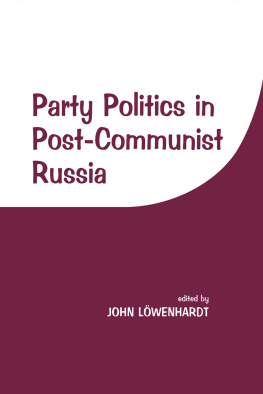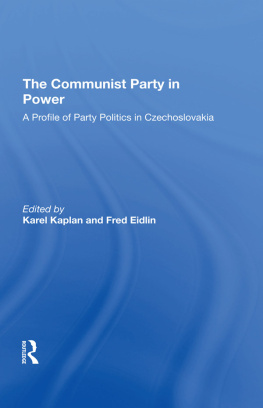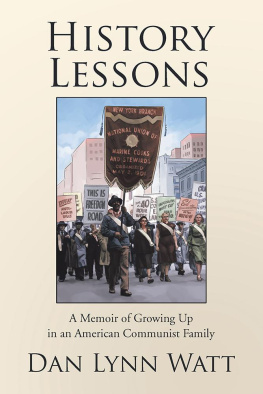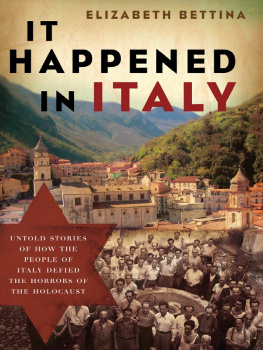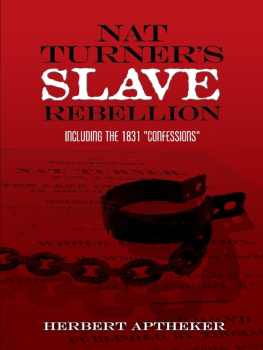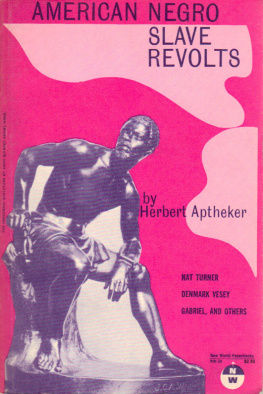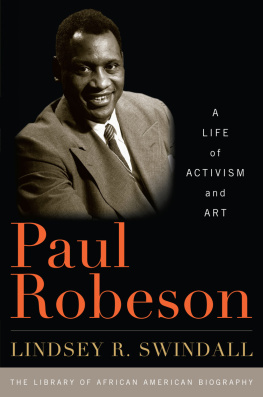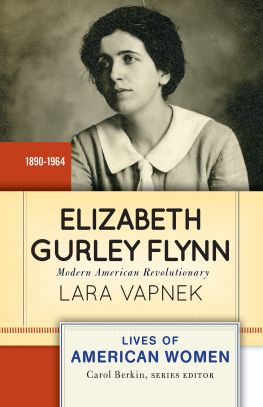acknowledgments
THIS MEMOIR WAS many years in the making, and without the continuing support and critical judgment of family and friends it would never have been completed. It has been the most difficult project on which I have ever worked. With gratitude then to:
Irene Klepflisz, for the Yiddish translations; Akasha Hull, for her early and later critical readings of the manuscript, and her assistance in locating the poem by Sonia Sanchez; Jack Kurzweil, for allowing me to give my version of our marriage, and for his continuing friendship; Angela Davis, for her extensive reading of the manuscript, her permission to use excerpts from her letters to me from prison, and her many thoughtful suggestions; Aida Hurtado, for her friendship and colleagueship over so many years, and for her exceptionally detailed and critical reading of the manuscript; Veronica Selver, for her leap of faith in providing me with a page-by-page critique of the manuscript; Ann Jealous, for her healing, her love, and her consistent belief in me and in this book.
I thank additional colleagues at the University of California, Santa Cruz, for their readings of portions of the manuscript in various stages of completion and their helpful comments: Helene Moglen, Emily Honig, Carla Freccero, Donna Haraway, Chris Connery, Gail Hershatter, and Candace West. Likewise, I thank readers Deb Busman, Paula Marcus, Phyllis Peet, Estelle Freedman, and Barrie Thorne, who gave of their time and helpful judgment. And I thank members of our lesbian community in Pacific Grove, California, including especially Raindance and Teramota for their abiding love and faith in me and for their memories of events I have described here.
I wish to thank my agent, Charlotte Cecil Raymond, for her extraordinary persistence, professional expertise, and friendship, and my editor at Seal Press, Jill Rothenberg, for her patience, perseverance, and brilliant editorial work. I thank Betsy Wootten for typing this manuscript through repeated incarnations with extraordinary professional skill, and for the gift of her friendship.
My family has provided me with a bedrock of emotional and critical support through this project. Thank you to Andrea Roth for her steadfast encouragement and loving support, and for being my number-one baseball buddy, where all important thoughts can be contemplated! Thank you to my adopted daughter, Lisa Miller, especially for permission to relate stories from her childhood. Thank you to my son, Joshua Kurzweil, whose early reading of the manuscript was a wonderful and healing experience for both of us. Thank you to my daughter, Jenny Kurzweil, for her repeated readings of various sections of the manuscript, over the years as she was coming into adulthood and then motherhood, and her excellent editorial judgment. Thank you to all three of my beautiful children for their friendship and love.
Finally, none of this would have been even remotely possible without my partner, Kate Miller, who read every draft of this book with a brilliant and compassionate critical eye. She has been with me through emotional storm and calming waters; she taught me to love myself unconditionally as she has loved me; she introduced me to the dharma and taught me the meaning of hope.
Bettina Aptheker
Santa Cruz, California
March 2006
about THE author
Bettina F. Aptheker is a professor of feminist studies at the University of California, Santa Cruz, where she has taught one of the countrys largest and most influential introductory womens studies courses for twenty-four years. She is the author of The Morning Breaks: The Trial of Angela Davis (Cornell University Press, 1999) and Tapestries of Life: Womens Work, Womens Consciousness, and the Meaning of Daily Experience (University of Massachusetts Press, 1989). She lives in Santa Cruz, California, with her longtime partner, Kate Miller.
credits
The dedication includes an excerpt from Marcia Falks Listen, from The Book of Blessings, Harper/San Francisco. Reprinted with permission of the author.
In the Prologue, the article by Israeli novelist David Grossman is reprinted with permission from the July 11, 2005, issue of The Nation. For subscription information, call 1-800-333-8536. Portions of each weeks Nation magazine can be accessed at www.thenation.com.
In the Prologue, the lines from the poem by Muriel Rukeyser are from Kathe Kollwitz and may be found in the book In Her Own Image: Women Working in the Arts, ed. Elaine Hedges and Ingrid Wendt (Old Westbury, New York: Feminist Press, 1980), p. 266.
In the Prologue, the lines from Transcendental Etude and (The Floating Poem, Unnumbered) of Twenty-One Love Poems from THE DREAM OF A COMON LANGUAGE: Poems 19741977 by Adrienne Rich. Copyright 1978 by W.W. Norton & Company, Inc. Used by permission of the author and W. W. Norton & Company, Inc.
In the chapter A Childhood in Two World, the poem about Shirley Graham Du Bois is by Sonia Sanchez, Kwa mama zetu waliotuzaa (For Our Mothers Who Give Us Birth) in Sonia Sanchez, Ive Been A Woman: New & Selected Poems (Chicago: Third World Press, 1985), pp. 100-101.
photo credits
Photograph of the The New York Times article: The New York Times.
Photograph of the author taken outside the Veterans Administration Building: San Francisco Chronicle.
Photograph of the author with Angela Davis: Jean Weisinger.
Photograph of the author teaching in 1995 is reprinted at the courtesy of Eric Zamost. Eric Zamost.
Photograph of the author in her home in Santa Cruz: Nicolette Czanunchick.
All other photographs are reprinted courtesy of Bettina Aptheker Archive, University of California, Santa Cruz, Special Collections.
selected titles FROM seal press
For more than thirty years, Seal Press has published groundbreaking books. By women. For women. Visit our website at www.sealpress.com.
The F-Word: Feminism in Jeopardy by Kristin Rowe-Finkbeiner. $14.95. 1-58005-114-6. An astonishing look at the tenuous state of womens rights and issues in America, and a call to action for the young women who have the power to change their situation.
Voices of Resistance: Muslim Women on War, Faith, and Sexuality edited by Sarah Husain. $16.95. 1-58005-181-2. A collection of essays and poetry on war, faith, suicide bombing, and sexuality, this book reveals the anger, pride, and pain of Muslim women.
Above Us Only Sky: A Woman Looks Back, Ahead, and into the Mirror by Marion Winik. $14.95. 1-58005-144-8. A witty and engaging book from NPR commentator Marion Winik about facing midlife without getting tangled up in the past or hung up in the future.
Pissed Off: On Women and Anger by Spike Gillespie. $14.95. 1-58005-162-6. An amped up and personal self-help book that encourages women to go ahead and use that middle finger without being closed off to the notion of forgiveness.
Waking Up American: Coming of Age Biculturally edited by Angela Jane Fountas. $15.95. 1-58005-136-7. Twenty-two original essays by first-generation women caught between two worlds. Countries of origin include the Philippines, Germany, India, Mexico, China, Iran, Nicaragua, Japan, Russia, and Panama.
Reckless: The Outrageous Lives of Nine Kick-Ass Women by Gloria Mattioni. $14.95. 1-58005-148-0. An entertaining collection of profiles that explores the lives of nine women who took unconventional life paths to achieve extraordinary results.
Without a Net: The Female Experience of Growing Up Working Class by Michelle Tea. $14.95. 1-58005-103-0. A collection of essays so raw, so fresh, and so riveting, that I read them compulsively, with one hand alternately covering my mouth, my heart, and my stomach, while the other hand turned the page.


